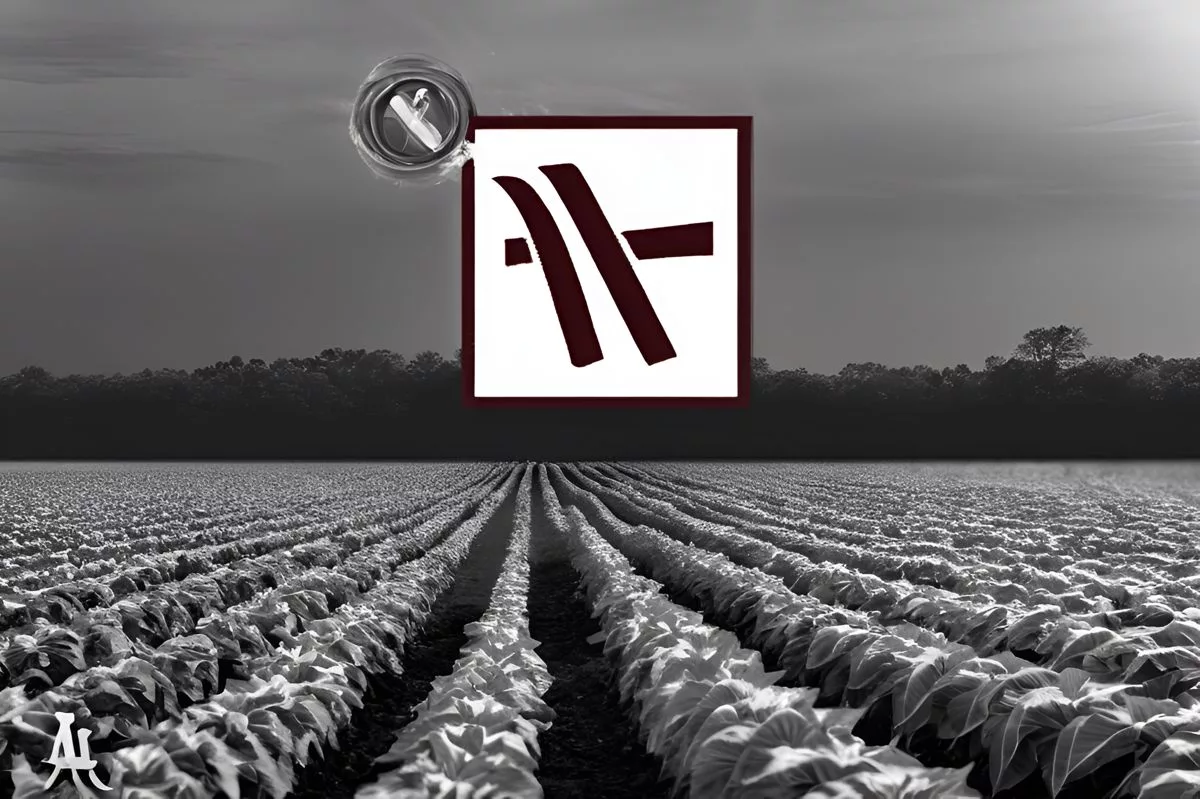On a pleasantly warm day in Johannesburg, the Special Committee on the General Intelligence Laws Amendment Bill, a component of the national legislative assembly, concluded its public hearings at the buzzing Jabulani Recreation Centre. Approximately 170 citizens, representing a vibrant democracy, displayed their unmistakable interest by attending the public discussions about the General Intelligence Laws Amendment Bill.
The Aim of the Committee
The Committee’s objective was to solicit a range of public perspectives on the Bill in Gauteng Province, the nation’s economic dynamo. A wave of submissions poured in from the public, who embraced the democratic platform to voice their thoughts and apprehensions. Notably, the Committee’s members were urged to reconsider some of the definitions in the Bill, particularly the interpretation of ‘national security’.
Public Opinion on Privacy Rights
In line with the worldwide debate on privacy rights in the digital age, the citizens underscored the necessity to incorporate protective measures in the Bill. This was primarily in reaction to clauses pertaining to mass surveillance activities by intelligence agencies, which might potentially violate the inviolable right to privacy, a fundamental element of modern human rights.
A consistent theme in the public’s dialogue was a call for autonomy in the organizational structure of intelligence and security services – a basic principle for the operation of any democratic society. Proposals were put forth suggesting that the National Intelligence Coordinating Committee (NICOC) should function independently from the services. A similar sentiment was voiced for the Inspector-General of Intelligence, with public agreement highlighting the need for independent functioning for ensuring accountability in intelligence services.
Public’s Readiness for Engagement and Future Steps
Contrarily, doubts were expressed about the public’s preparedness to engage. Some attendees asked for extra time to familiarize themselves with the Bill, thus guaranteeing that their contributions carry the weight of informed reasoning. In response, the committee assured the public that there was plenty of opportunities for written contributions on the Bill. In fact, in a gesture of understanding, the committee has graciously extended the deadline for written submissions until mid-February 2024.
As the public hearings in Gauteng come to a close, the committee is preparing for its next session in George, located in the scenic Western Cape. This will be succeeded by another round of engagements in Cape Town. The committee is urging Western Cape residents to take advantage of this chance by reviewing the published Bill and attending the public hearings.
The Power of Public Discourse
In the current democratic environment, these public hearings serve as a powerful indication of the strength of public discourse and involvement. They remind us that legislation, when formed by collective intelligence, can guarantee the protection of each individual’s rights and the democratic principles of a nation.








